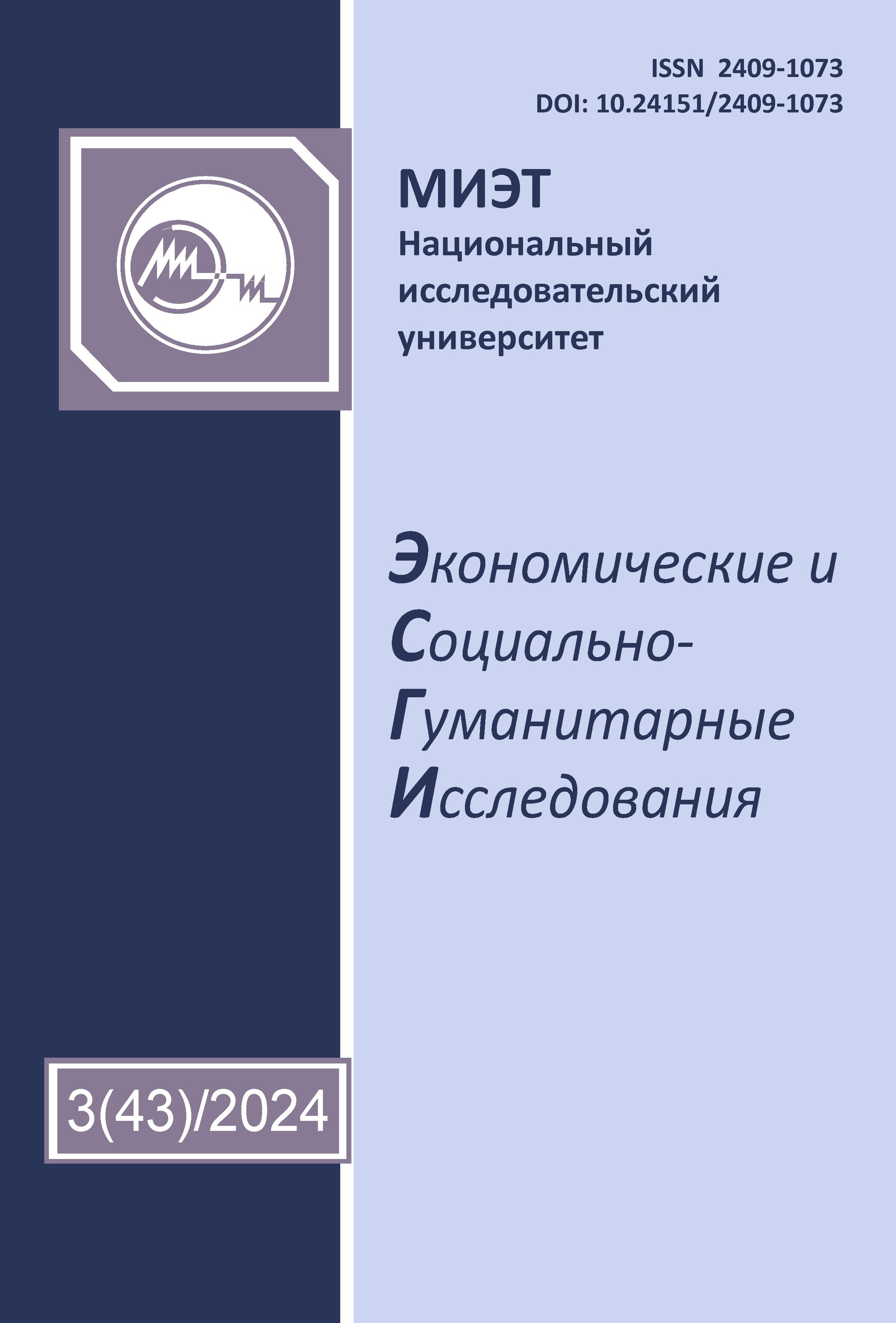employee
Russian Federation
employee
Russian Federation
employee
Moscow University for the Humanities
Russian Federation
UDC 004.056
UDC 159.9
UDC 37
UDC 613.8
Information risks to the psychophysiological health of users on the Internet are considered. Factors contributing to cyberbullying are identified; the authors analyze the effects of digital harassment, victimization and intimidation, and inducement to illegal and immoral actions. The main directions of law enforcement activity on implementation of confidentiality and security measures, methods of protection of youth from stalking and gaslighting are outlined. Psychological and pedagogical methods of promoting the moral health of the individual and peculiarities of modern education program in solving the problem of social and communicative training of an individual adapted to cyber threats have been disclosed.
information risks, psychophysiological health, personal safety, moral health, digi tal harassment, cyberbullying, stalking, gaslighting, psychological and pedagogical methods, cy berthreats protection
1. Bikamova Z. I., Gimazetdinova Yu. R., Iksanov R. A. “Digital Security of Child in the Inter net”. Alleya nauki = Alley of Science 2.4 (20) (2018): 145—149. (In Russian). EDN: https://elibrary.ru/XOHOXR.
2. Bukhantseva A. S., Leont’yeva V. L. “Influence of Information Field on Behavior of Internet Users”. Nedelya nauki SPbPU: materialy nauch. prakt. konf. s mezhdunar. uchastiyem (S.-Peter burg, 19—24 noyab. 2018). Pt. 1. St. Petersburg: Peter the Great St. Petersburg Polytechnic Univ., 2019. 277—279. (In Russian). EDN: https://elibrary.ru/ZAEMGT.
3. Denisov D. V. “Security in the Internet: Protection against External Threats”. Prikladnaya informatika = Journal of Applied Informatics 11.2 (62) (2016): 57—64. (In Russian). EDN: https://elibrary.ru/VVERTR.
4. Zabolotskaya A. V., Tkacheva E. G. “Psychological Safety of a Person on the Internet”. Avtonomiya lichnosti = Autonomy of the Personality 1 (27) (2022): 91—97. (In Russian). EDN: https://elibrary.ru/PUXMVM.
5. Klyacheva A. V., Anashkina O. M. “Information and Psychological Safety of Adolescents on the Internet”. Aktual’nyye problemy bezopasnosti zhiz nedeyatel’nosti v obrazovanii: materialy Vseros. nauch.-prakt. konf. (Saratov, 8 fevr. 2022). Sara tov: Saratovskiy istochnik, 2022. 76—81. (In Rus sian). EDN: https://elibrary.ru/KWOUGT.
6. Luchinkina A. I., Yudeyeva T. V., Ushakova V. R. Information and Psychological Safety of Personality in Internet Space: study guide. Simferopol: DIAYPI, 2015. 151 p. (In Russian). EDN: https://elibrary.ru/VNTFSX.
7. Lyz’ N. A., Veselov G. E., Lyz’ A. E. “Information-Psychological Security in the Human Security and State Information Security Systems”. Izvestiya YuFU. Tekhnicheskiye nauki = Izvestiya SFedU. Engineering Sciences 8 (157) (2014): 58— 66. (In Russian). EDN: https://elibrary.ru/STQREF.
8. Merkacheva Eva. “Deputies Have Discussed Crackdown against Abusers and Stalkers”. MK.ru. Moskovskiy komsomolets, 25 June 2024. (In Russian). Web. 16 July 2024. .
9. Mishina Valeriya. “Network Protocols: In Russia They Started to Train Media Policemen”. Izvestiya. OOO MITs “Izvestiya”, 08 Nov. 2023. (In Russian). Web. <https://iz.ru/1601617/valeriiamishina/setevye-protokoly-v-rossii-nachaliuchit-na-mediapolit·seiskikh>.
10. Mrochko L. V., Pirogov A.I. “Information Security of Youth as Socio-Cultural Problem”. Vestnik Moskovskoy gosudarstvennoy akademii delovogo administrirovaniya. Seriya: Filosofskiye, sotsial’nyye i estestvennyye nauki 3 (15) (2012): 109—113. (In Russian). EDN: https://elibrary.ru/PMIWJX.
11. Dontsov A. I., Zinchenko Yu. P., Zotova O. Yu., Perelygina E. B. Psychological Security of Personality: study guide and practical course for universities. Moscow: Yurayt, 2024. 222 p. (In Russian).
12. “Preserving the Institution of the Family”. 12th St. Petersburg International Legal Forum. 27 June 2024. Web. 17 July 2024. .
13. Ostapenko A. G., Belov E. B., Kala shnikov A. O., Los’ V. P., Ostapenko O. A. Social Networks and Psychological Security: study guide for universities. Ed. by D. A. Novikov. Moscow: Goryachaya liniya — Telekom, 2021. 232 p. (In Russian). Teoriya setevykh voyn 5.
14. Chernositova V. A. “Psychological Safety the Person”. Paradigmy approksimatsii dannykh v nauke i praktike: sovremennoye sostoyaniye i perspektivy razvitiya: sb. nauch. statey po itogam Mezhdunar. mezhvuz. studench. nauch.-prakt. konf. (S.-Peterburg, 18—20 dek. 2020). St. Petersburg: Kul’tInformPress, 2020. 39—41. (In Russian). EDN: https://elibrary.ru/HMOOHS.
15. Yakovleva Yu. V. “The Relationship of Infor mation Security and Information Culture”. Vestnik nauki 1 (46) (2022): 77—81. (In Russian). EDN: https://elibrary.ru/PVTNKX.
16. Nenashev S. “Information-Technical and In formation-Psychological Security of Social Network Users”. Voprosy kiberbezopasnosti 5 (18) (2016): 65—72. (In Russian). https://doi.org/10.21581/2311-3456-2016-5 65-72 EDN: https://elibrary.ru/XEFZHP.
17. Stroganov V. B. “Methods of Counteracting Manipulation on the Internet”. Innovatsionnyy potentsial molodezhi: informatsionnaya, sotsial’ naya i ekonomicheskaya bezopasnost’: materialy Mezhdunar. molod. nauch.-issled. konf. (Ekate rinburg, 04—05 dek. 2017). Ekaterinburg: Ural Federal Univ. n. a. the first President of Russia B. N. Yeltsin, 2017. 414—417. (In Russian). EDN: https://elibrary.ru/YPHRHX.







